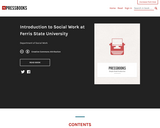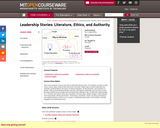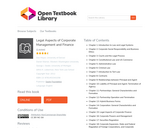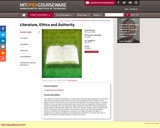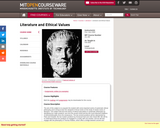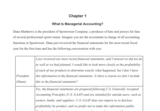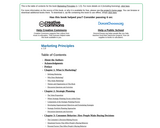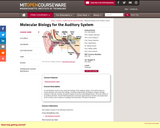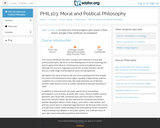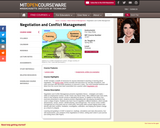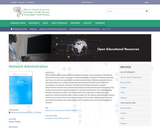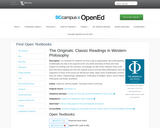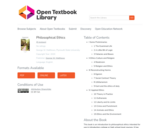Principles of Marketing teaches the experience and process of doing marketing—not just the vocabulary. It carries five dominant themes throughout to expose students to marketing in today’s environment:
1. Service-dominant logic—This textbook employs the term “offering” instead of the more traditional first P—product. That is because consumers don’t sacrifice value when alternating between a product
and a service. They are evaluating the entire experience, whether they interact with a product, a service, or a combination. So, the fundamental focus is providing value throughout the value chain,
whether that value chain encompasses a product, a service, or both.
2. Sustainability—Increasingly, companies are interested in their impact on their local community as well as on the overall environment. This is often referred to as the “triple bottom line” of financial, social, and environmental performance.
3. Ethics and social responsibility—Following on the sustainability notion is the broader importance of ethics and social responsibility in creating successful organizations. The authors make consistent
references to ethical situations throughout chapter coverage and end-of-chapter material in most chapters will encompass ethical situations.
4. Global coverage—Whether it is today’s price of gasoline, the current U.S. presidential race, or Midwestern U.S. farming, almost every industry, and companies need strong global awareness. And today’s marketing professionals must understand the world in which they and their companies operate.
5. Metrics—Firms today have the potential to gather more information than ever before about their current and potential customers. That information gathering can be costly, but it can also be very revealing. With the potential to capture so much more detail about microtransactions, firms should now be more able to answer, “Was this marketing strategy really worth it?” and “What is the marketing ROI?” and finally, “What is this customer or set of customers worth to us over their lifetime?”
In this second edition, you’ll also find more emphasis on omnichannel marketing, social media in marketing, and the other components of the digital media revolution that are changing marketing so rapidly. Examples, videos, illustrations, and more reflect the latest in how marketing gets done.

